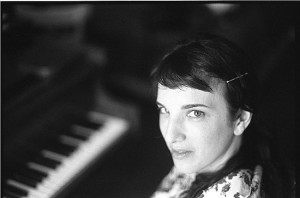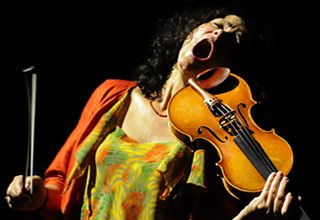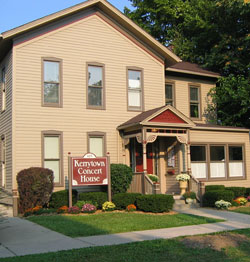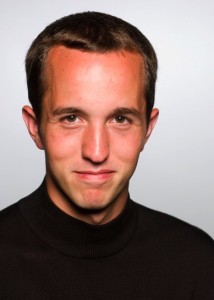 The following is the extended interview I had with singer/composer Judith Berkson, who will be appearing at the Vital Vox Festival this Saturday at Roulette in Brooklyn (She’ll be appearing on Night One: Vocals + Keys). Here she talks about her beginnings, and the preview of selections from her upcoming opera.
The following is the extended interview I had with singer/composer Judith Berkson, who will be appearing at the Vital Vox Festival this Saturday at Roulette in Brooklyn (She’ll be appearing on Night One: Vocals + Keys). Here she talks about her beginnings, and the preview of selections from her upcoming opera.
CM: Can you give sort of a small recap of how you got from your musical beginnings to your current status as a composer/performer? Was there a significant a-ha moment or was this something that was gradual?
JB: My father who is a cantor taught me to sing when I was very young by methodically teaching me Hebrew blessings which I would sing back by rote. He was demanding about precise pitch, I remember that. From about age 5 to 10 my family had a singing group/band where we played community centers and synagogues and we were required to be in it. It wasn’t really that fun since we had no choice and rehearsals were long and my father a perfectionist. But despite these conditions I was secretly compelled by music. I liked discovering how to do it. I started classical piano at age 5 and when I was 10 my father insisted on music theory lessons too. None of my friends had to do anything like that. I actually really enjoyed it though. I remember the circle of fifths blowing my mind. In high school I took singing seriously and started voice lessons. I reluctantly auditioned for conservatories not really wanting to go to college and ended up at the New England Conservatory. I thought I’d drop out and find people to play with and start a band but then I ended up falling in love with opera. (more…)







